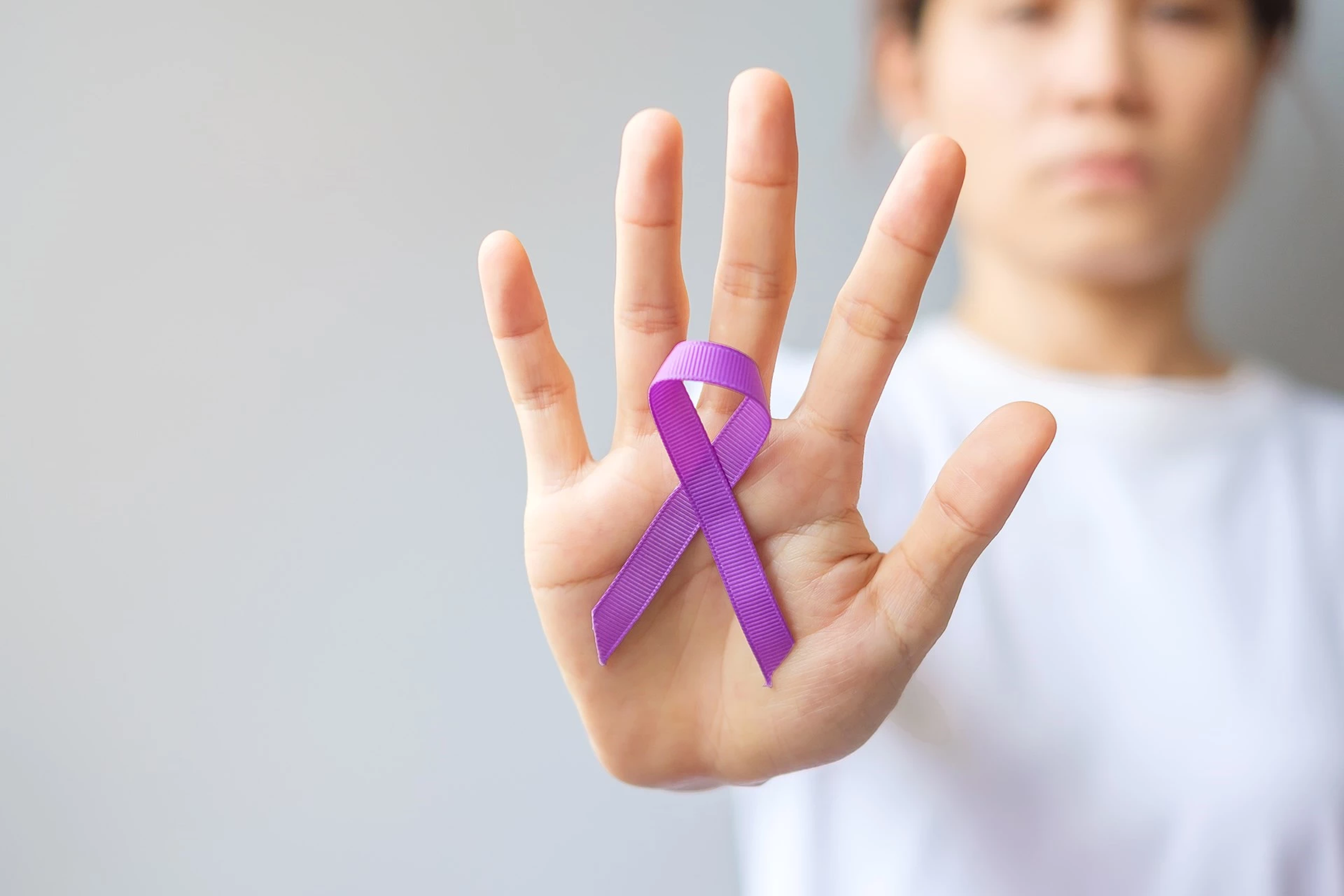
Domestic violence and abuse takes many forms and occurs in every community.
Domestic violence is about power and control in an intimate relationship. It can include emotional, financial, spiritual and physical abuse.
Leaving an abusive relationship can be complicated and difficult. People often fear for their safety, custody of their children and for their daily life, especially if they don't have stable housing or income outside of their partner.
On average, advocates say, people make seven attempts before leaving such a relationship permanently.
Survivors say having a trusted friend, relative or advocate with a listening ear is one of the best supports.
The following information comes from the National Domestic Violence Hotline, Sojourner Family Peace Center in Milwaukee and past reporting from the Milwaukee Journal Sentinel.
Warning signs of an abusive relationship
- A partner demeans or insults you in private or in front of others.
- A partner tries to isolate you from family and friends.
- A partner is jealous or possessive. This can take the form of the person calling and texting repeatedly, questioning where you went and who you were with, and demanding to know where you are at all times.
- A partner is controlling and shows it with actions like withholding money, including money you've earned.
- A partner talks you into doing things you are not comfortable doing, such as performing sexual acts you do not want to do.
- A person is cruel to animals. Studies have found a link between animal abuse and domestic violence.
- A partner uses physical force by holding you down, pushing, shoving, slapping, kicking, hitting or choking/strangling you.
- A partner threatens to take their life if you end the relationship.
What to do if you’re in an abusive relationship
- Reach out for help. Trained advocates can answer questions and help you safety plan for a variety of situations. Calls to advocates are confidential and do not involve law enforcement.
- The National Domestic Violence Hotline is 800-799-7233 and will route you to a local resource no matter where you are.
- A list of Milwaukee-area agencies is provided below. Milwaukee has culturally-specific resources available at WeAreHereMKE.org.
- If you safely can do so, try to document what is happening in a secure place, such as a hidden email account, digital folder or physical notebook. Record the date, what happened and any injuries you suffered.
- Call 911 if you are in immediate danger.
What to do to help a friend or relative in an abusive relationship
- Listen and believe them.
- Allow them to make their own decisions and avoid being judgmental.
- Be patient and encouraging.
- Offer to help with child care or other household needs.
- Stay in contact and consider making a code word or phrase so you know if the person needs you to call 911 for emergency help.
- Contact local resources and ask advocates who work with domestic violence victims how to support your loved one.
Where to find help in Milwaukee
Sojourner Family Peace Center in Milwaukee operates a 24-hour confidential hotline at 414-933-2722.
The Women’s Center in Waukesha has a 24-hour hotline at 262-542-3828.
The Asha Project, which provides culturally-specific services for African American women and others in Milwaukee, provides a crisis line from 9 a.m. to 4 p.m. at 414-252-0075.
Diverse & Resilient, which serves the LGBTQ community, operates the "Room to Be Safe" resource line 414-856-5428 and has online resources at roomtobesafe.org.
The UMOS Latina Resource Center in Milwaukee offers bilingual, bicultural, domestic violence, sexual assault and anti-human trafficking supportive services and operates a 24-hour hotline at 414-389-6510.
The Gerald L. Ignace Indian Health Center offers culturally sensitive, trauma-informed services for those who have experienced domestic or sexual violence and can be reached at 414-383-9526.
Our Peaceful Home, which serves Muslim families and is a program of the Milwaukee Muslim Women’s Coalition, operates a crisis line at 414-727-1090.
The Hmong American Women’s Association, which serves the Hmong and Southeast Asian community, has advocates available at 414-930-9352 from 8 a.m. to 4:30 p.m. Monday through Friday.
End Domestic Abuse Wisconsin has a statewide directory of resources at endabusewi.org/get-help.
Contact Ashley Luthern at ashley.luthern@jrn.com. Follow her on Twitter at @aluthern.
